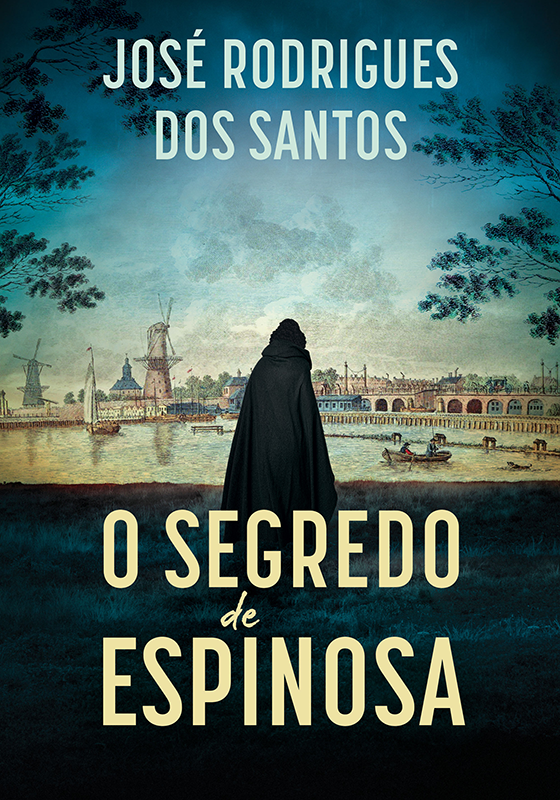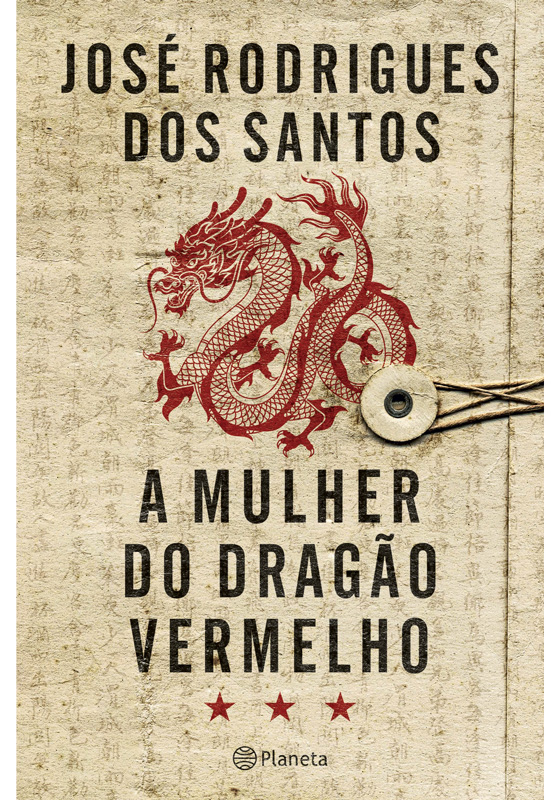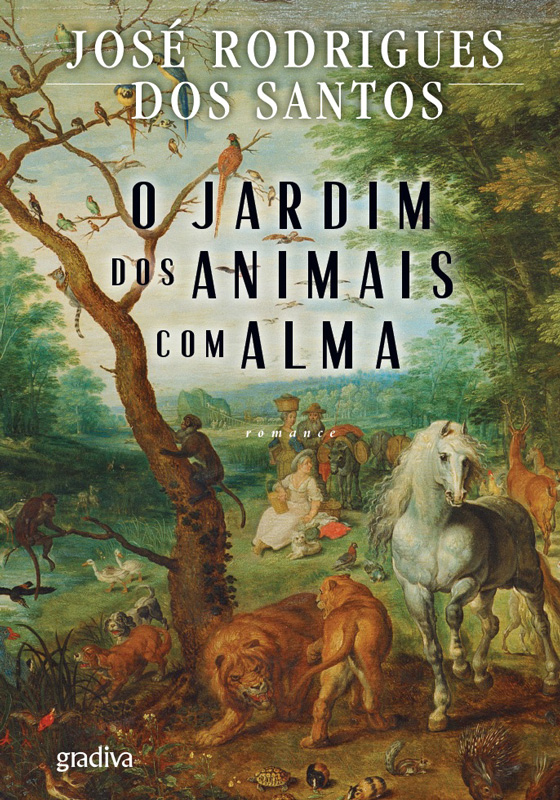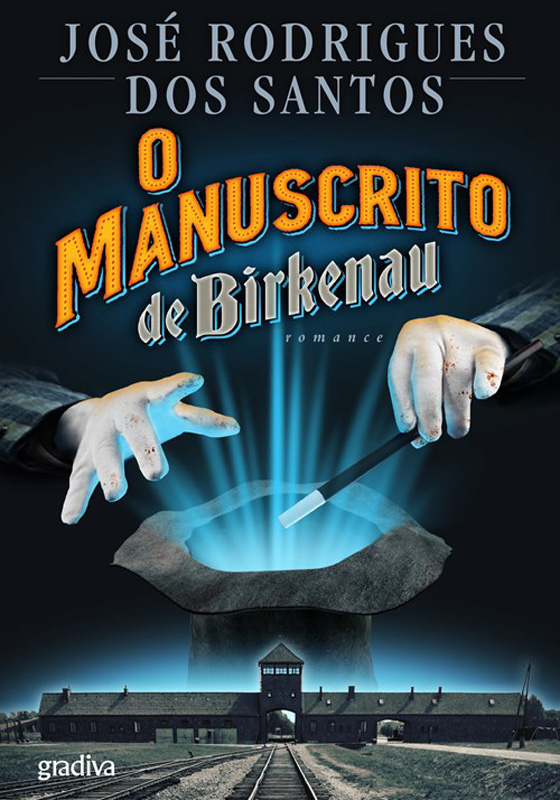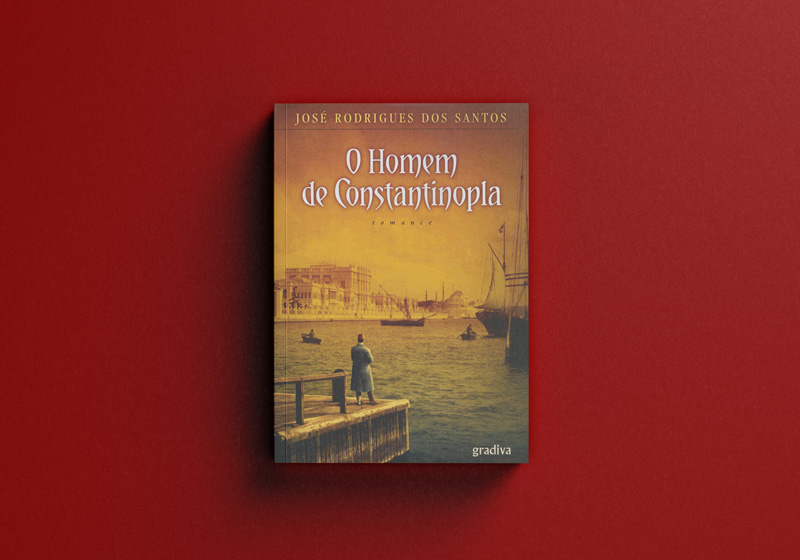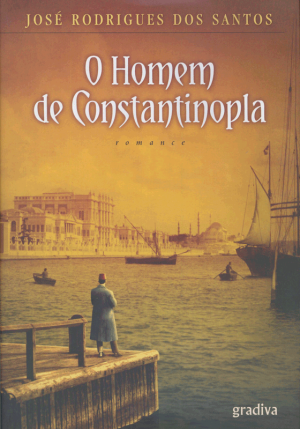
The Man from Constantinople
A man enters a luxurious hotel in Lisbon to see his dying father. Kaloust Sarkisian fell into a coma and the doctor says there isn’t much hope. While his son Krikor waits for the events to unfold, the bell boy tells him there’s a phone call for him. It’s a Turk calling from Istanbul with extraordinary news.
“I found her!”, the Turk excitedly claims over the telephone line. “I found her after all these years!”
A man enters a luxurious hotel in Lisbon to see his dying father. Kaloust Sarkisian fell into a coma and the doctor says there isn’t much hope. While his son Krikor waits for the events to unfold, the bell boy tells him there’s a phone call for him. It’s a Turk calling from Istanbul with extraordinary news.
“I found her!”, the Turk excitedly claims over the telephone line. “I found her after all these years!”
At that moment his father awakes from the coma and Krikor has to interrupt the conversation, for this will surely be his last opportunity to talk to him. Kaloust is indeed awake, but can barely move. After much effort, he points to a pile of papers and manages to whisper his final words.
“What is beauty?”
Then he falls back into the coma.
Dumbfounded by this behaviour on his deathbed, Krikor picks up the sheets of paper and realizes it’s a book his father wrote about his life. That night he dives into it, as the title intrigues him.
The Man from Constantinople.
The Ottoman Empire is on the verge of total collapse and the Armenian minority becomes the scapegoat. Caught up in the events, the Sarkisian family flees to Constantinople. Despite the tragedy of persecution surrounding him, little Kaloust falls in love with the great imperial capital and it’s while crossing the Bosphorus that for the first time he asks the question that will haunt him throughout his life.
“What is beauty?”
He comes across the very same question when contemplating Nunuphar’s ivory face, the powerful strokes of Rembrandt’s paintings and the complex architecture of the treacherous world of business, on a quest that would make him the biggest art collector of his times.
But Kaloust went farther.
He became the richest man on the planet.
Based on real events, The Man from Constantinople and its sequel, A Millionaire in Lisbon, fictionalizes the stunning story of the mysterious Armenian that changed the world – and definitely confirms José Rodrigues dos Santos as a major name in world literature.
“José Rodrigues dos Santos masters Scott Fitzgerald’s principle of character in action, a technique to establish that a character is what he does rather than what he says. (…) José also knows how to write to entertain the reader, challenging him to solve a mystery or to follow the life of a character. He writes what we call page-turners. (…) José knows how to tell a story, how to create vibrant dialogues that help push forward the plot, how to frame events within history, how to begin and close a chapter, how to spread the light and what to leave in the shadows, how to keep the pace and the reader glued to the book. Here story and history become intertwined.”
"Whenever José Rodrigues dos Santos publishes a novel, there's no room left for other authors at the top of the bestselling charts."
"José Rodrigues dos Santos is a master of classic suspense. His novels are paced and consistent, we almost see them as movies, filled with imagery and including stories with a beginning, a middle and an ending. In an ideologically fragmented post-industrial world, the work of José Rodrigues dos Santos is an island to which well educated middle class readers attach themselves, unconsciously remembering an era in which life had an implicit and transcendent meaning, a world where all parts of life harmoniously connected to present a destiny. (...) José Rodrigues dos Santos has the ability to enliven novels with the rules of television scriptwriting, reviving a stendhalian vision like a mirror hanging over a society, representing it in a transparent way. It's the realist perspective of literature, brought about along the lines of a clear social representation.
(...) Like no other author in Portugal, José Rodrigues dos Santos dwells within this perspective of novel writing with the ease of a fish dwelling in water."
"A breathless and enthralling book that definitely places J. R. dos Santos as one of the greatest writers of our times."
"The Man from Constantinople portraits the extraordinary life of the mysterious Armenian that changed the world and definitely consecrates J. R. dos Santos as one of the great contemporary writers."
"J. R. dos Santos (...) gives joy to fiction, and the reader, dazzled, follows suit. (...) Calouste Gulbenkian had everything to become a flamboyant fictional character. We only needed a writer capable of giving life to such a novel. We found him."
"An exciting saga."
"One of the greatest authors of our times."
"Thrilling."
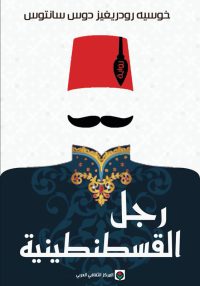
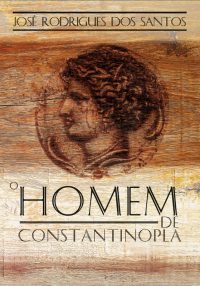
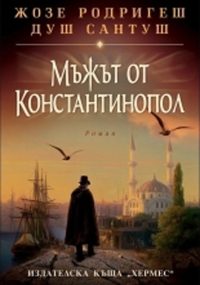
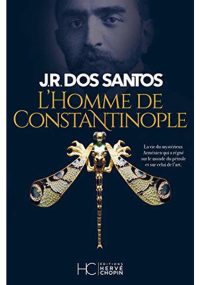
-
March 13, 2023 Review The Man from Constantinople Jornal de Letras, PortugalJornal de Letras Portugal "José Rodrigues dos Santos is a master of classic suspense. His novels are paced and consistent, we almost see them as movies, filled with imagery and...
-
September 13, 2013 Interview The Man from ConstantinopleInterview The Man from Constantinople for Diário de Notícias Portugal, September 2013 DN – To choose the Armenian oil magnate Calouste Gulbenkian as the subject of a novel is a sure way...
